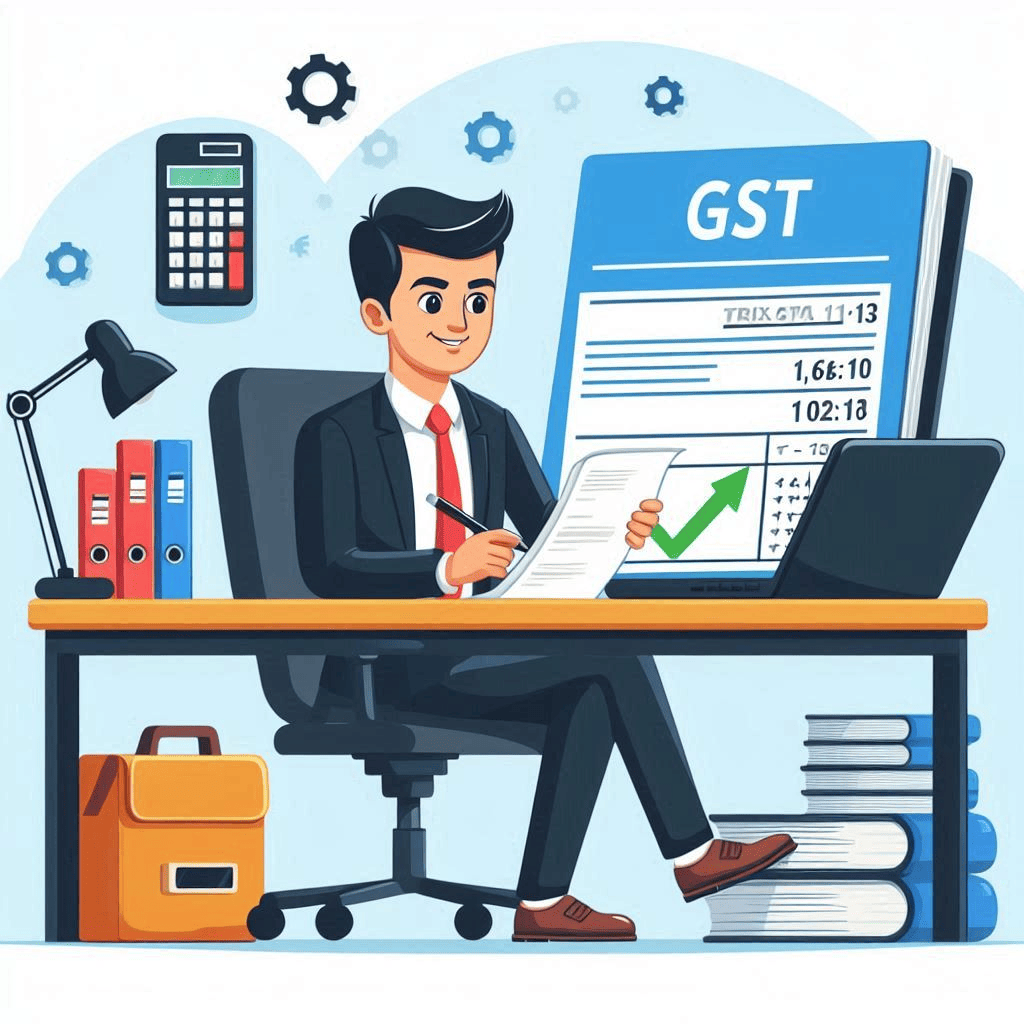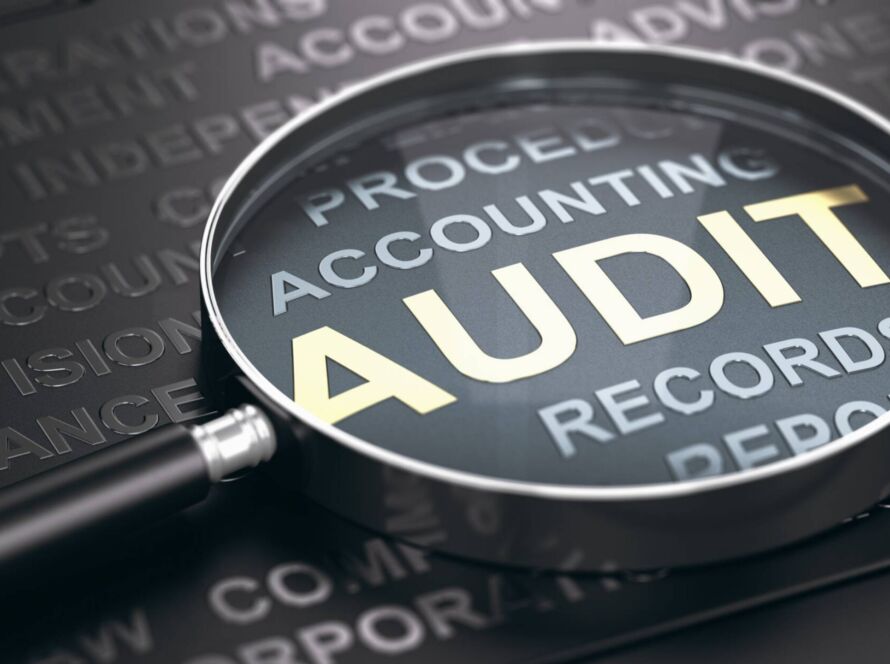The Indian government is all set to introduce an update to the Central Excise Bill, 2024, ushering in a new era for indirect tax filing in India. Thus, this bill proposes to replace the existing Central Excise Act, 1944, with a more modern and streamlined framework.
So, it becomes important for Chartered accountants and other accounting professionals to be aware of the key provisions of this bill and how it may impact their working.
Why is the Update Needed?

The Central Excise Act that’s currently in place is considerably outdated. However, the Act has undergone several changes since its inception in 1944. However, it fails to reflect the current economic realities of 2024 and creates compliance challenges for businesses.
The introduction of the Goods and Services Tax (GST) in 2017 also significantly reduced the scope of the Central Excise Act. Most goods and services now fall under the GST regime.
However, the Central Excise Act hasn’t been completely replaced. It still applies to a specific set of goods not covered by GST, such as petroleum products and alcoholic beverages.
But, the CEB, 2024 seeks to address the shortcomings by introducing a more streamlined and efficient tax regime.
Key Highlights of Central Excise Bill, 2024
The Central Excise Bill, 2024 introduces several changes that CAs and accounting firms dealing with excise duty should be aware of:
1) Levy of Excise Duty on Special Economic Zone Units (SEZs)
Unlike the current Central Excise Act, 1944 (Central Excise Act), the Bill proposes levying excise duty on goods produced in SEZs. This raises questions about the continuation of existing tax benefits granted to SEZs.
2) Eligibility for Central Excise Duty Credit
The Bill introduces Section 17, outlining eligibility for credit on central excise duty and other prescribed duties. The Act excludes credit on motor spirit (petrol) and high-speed diesel. However, this credit is usable for duty payments or other amounts owed under the Act. The Bill empowers the government to restrict the utilisation of unutilized credit and impose expiry dates.
3) Extension of Time Limit for Duty Recovery
The Bill extends the time limit for Central Excise Officers to serve notices for uncollected duties, wrongly availed credit, or erroneous refunds from 2 years (under the Central Excise Act) to 3 years. Notably, the Bill doesn’t differentiate between intentional (malafide) and unintentional (bonafide) reasons for non-compliance.
4) Transition of Credit from Old to New Act
The Bill lets manufacturers use existing Central Excise credit in the new regime (conditions apply)
5) Rectification of Errors
Similar to the Central Goods and Service Tax Act, 2017 (CGST Act), the Bill (Section 161) allows rectification of errors apparent on the face of records within six months. However, there’s no time limit for purely clerical or arithmetic errors.
6) Changes in Interest Rates
The Bill proposes revised interest rates on tax payments, credits, collections, and refunds.
7) Power to Fix Tariff Values
Bill allows Central Government to set varying tariffs for excisable goods based on class (production, manufacturer, buyer).
8) Reduction in Duty Rates for Certain Tobacco Products
The Bill proposes significant reductions in excise duty rates for various tobacco products.
9) Alignment with GST Law
The Bill aligns several provisions with the GST law, including the definition of ‘related person,’ appointment of officers, filing of annual returns, and a potential phased implementation.
Looking ahead:
Although, the Central Excise Bill, 2024 is currently in the pre-legislative consultation stage, with the Central Board of Indirect Taxes and Customs (CBIC) inviting suggestions from stakeholders until June 26, 2024 (Source). CAs/firms can contribute by reviewing the draft bill and providing feedback to CBIC.
To conclude, the Central Excise Bill, 2024 represents a significant change for the Indian manufacturing sector and the professionals who serve it. By staying informed, CAs can ensure a smooth transition for themselves and their clients under the new excise regime.


